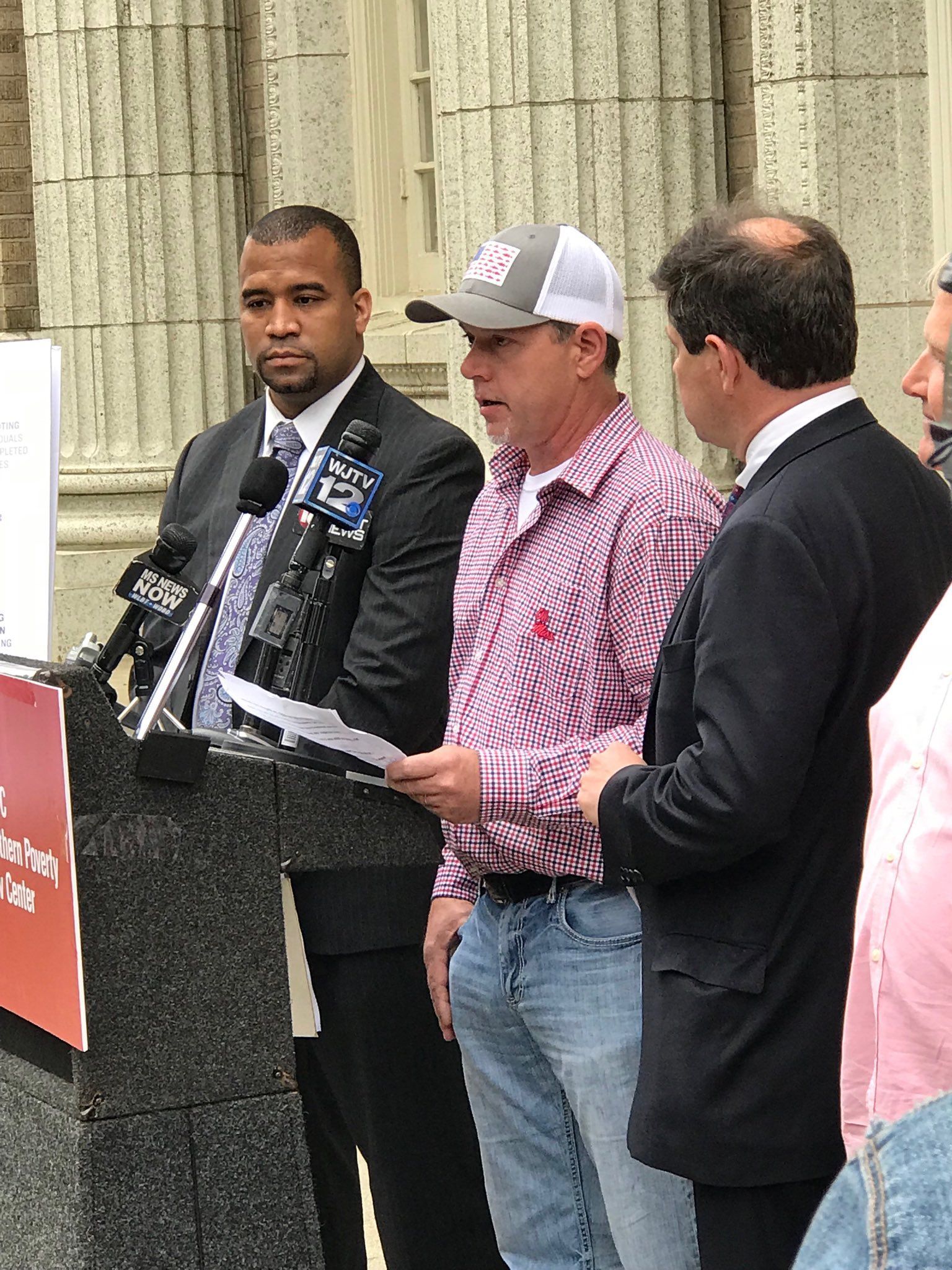Mississippi Felony Disenfranchisement Law Ruled Unconstitutional
10% of Mississippi residents are disenfranchised, 3x the national average

In 2018, the Southern Poverty Law Center and ACLU jointly filed suit against the state of Mississippi for its unconstitutional felony disenfranchisement constitutional statue, Section 241. Mississippi is one of only 12 states where individuals may be disenfranchised while incarcerated, under criminal justice supervision outside of prison, or permanently in many cases. Today, there are 22 crimes that disenfranchise Mississippi residents from voting. In 2005, the Mississippi Attorney General added 11 new disfranchising crimes.
This morning, the Fifth Circuit Court of Appeals ruled on behalf of the plaintiffs, holding that Section 241 of the Mississippi Constitution, the law permanently disenfranchising Mississippians convicted of certain offenses, is unconstitutional cruel and unusual punishment.
Over 215,000 people in Mississippi were disenfranchised as of 2019, representing almost 10% of the entire state population. Of this total, only 7 percent are incarcerated. The remaining 93 percent are living in the community either under probation or parole supervision, or have completed their criminal sentence. The number of African American residents disenfranchised in Mississippi numbered 127,130 in 2016 or nearly 16% of the black electorate.
Section 241 permanently disenfranchises people convicted of 10 specific crimes, eight of which were chosen by all-white delegates in 1890 and based on their belief that Black people were more likely than white people to be convicted of those crimes. While Black adults are 36% of Mississippi’s voting age population, they make up 59% of its disenfranchised people.
The state of Mississippi has the right to appeal the decision to the full Fifth Circuit Court.
“No one disputes that Mississippi’s felon disenfranchisement law was enacted more than one hundred years ago for the announced purpose of maintaining white supremacy and blocking Black citizens from voting,” said David D. Cole, the ACLU’s National Legal Director. “Racially motivated laws don’t become valid over time. It’s just as unconstitutional today as it was when it was enacted. That such a law remains on the books today is a stain on the state’s law books, and plainly unconstitutional.”










